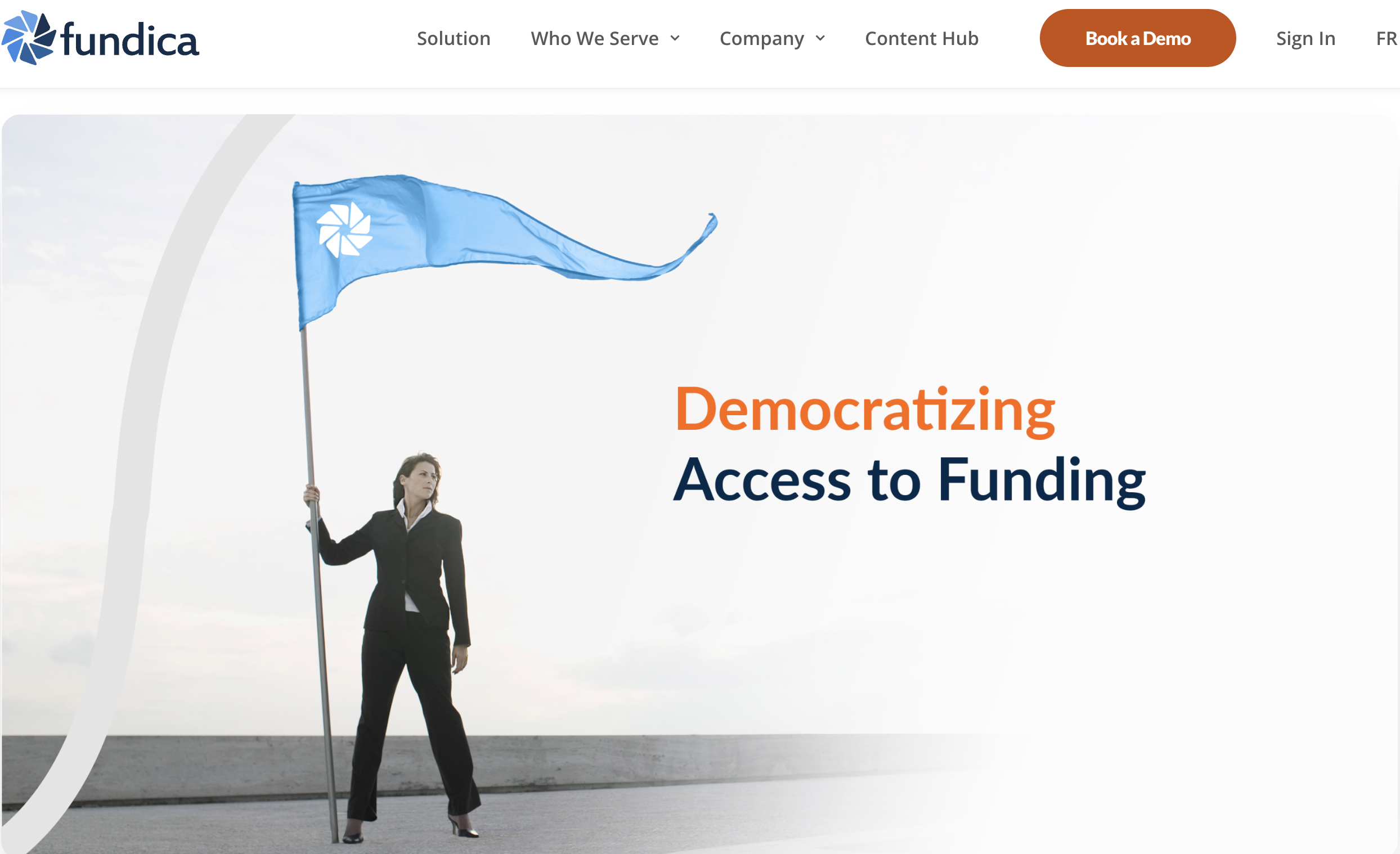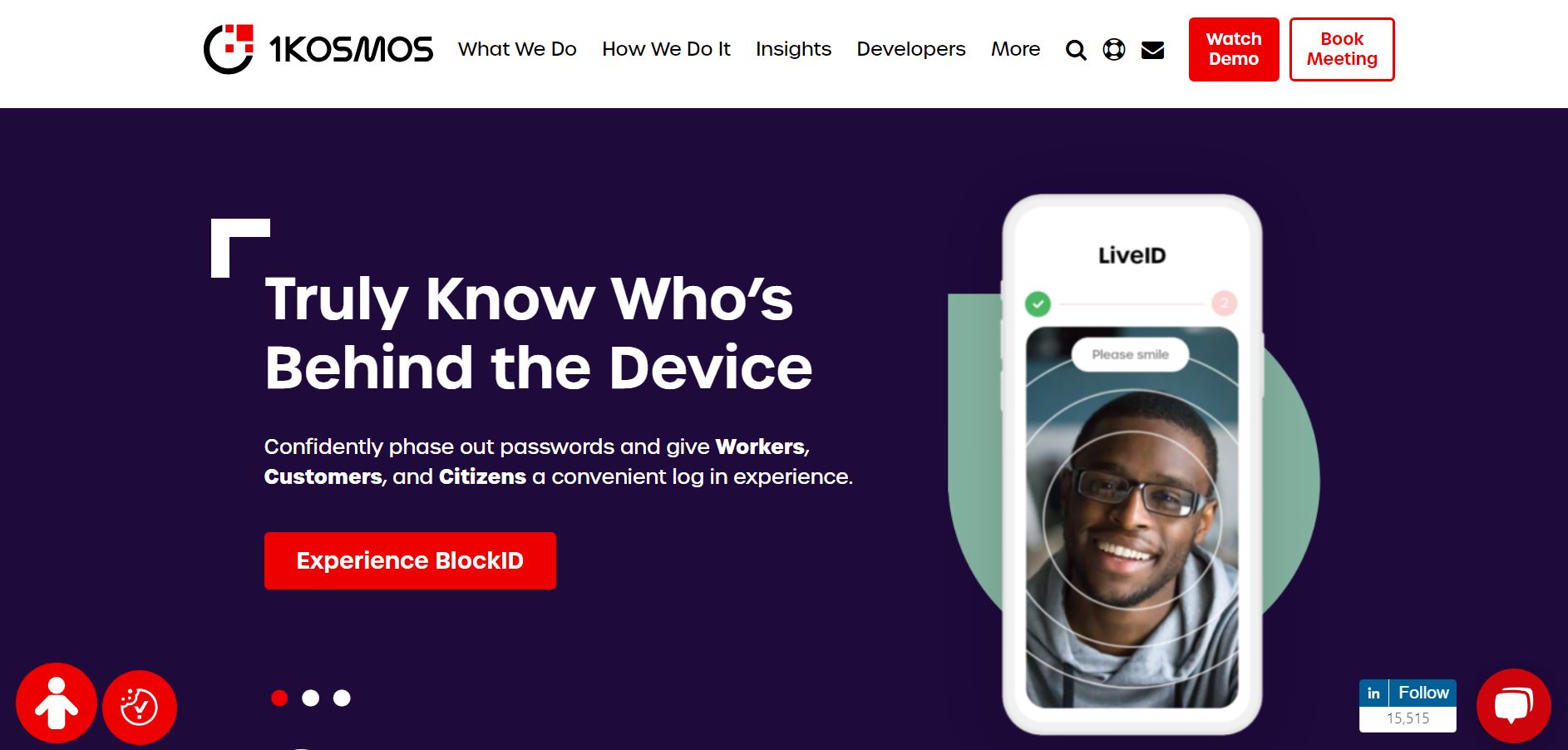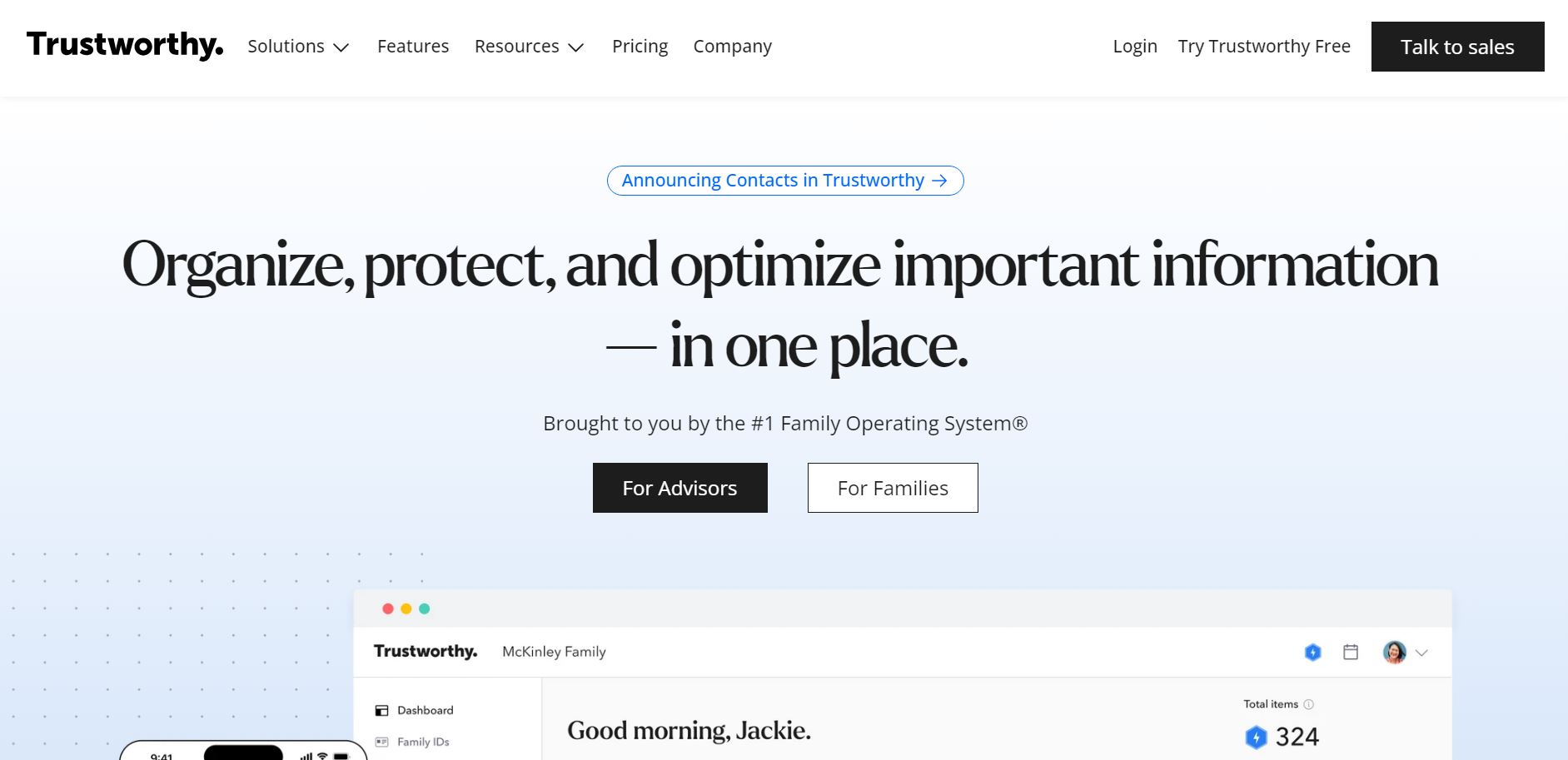
- Cybersecurity company VU and digital payments solutions innovator NovoPayment announced a strategic partnership today.
- The alliance will make VU’s fraud protection technology available to users of NovoPayment’s banking-as-a-service platform.
- Headquartered in Miami, Florida, NovoPayment was co-founded by CEO Anabel Pérez in 2007.
Cybersecurity firm VU will join the 60-partner application network of digital payments solutions company NovoPayment. Headquartered in Miami, Florida, NovoPayment offers a banking-as-a-service platform that leverages its network of open APIs, partnerships, and third-party integration to help its customers scale and adapt.
“Collaborating with NovoPayment allows us to expand our vision and address new challenges in the field of cybersecurity in the financial sector,” VU founder and CEO Sebastián Stranieri said. “Together we are committed to generating a positive impact by creating digital solutions to improve the quality of life for citizens and organizations.”
NovoPayment offers services within three principal categories: digital banking, payment infrastructure, and card solutions. The company helps its clients enhance their existing systems to generate new deposits, transaction streams, and customer experiences. In addition to its Miami HQ, NovoPayment maintains offices in Mexico, Colombia, Peru, Chile, and Ecuador, enabling the company to serve a range of customers across the Americas. The company’s clients include financial institutions and acquirers, as well as neobanks and fintechs.
“This alliance will enable us to enhance our payment solutions, providing users with an even safer and more reliable experience,” NovoPayment CEO and co-founder Anabel Pérez said. “We are excited to work with VU, a leader in cybersecurity, to ensure the peace of mind of our clients in the digital world.”
NovoPayment’s partnership with VU comes a little over a month after the company unveiled enhancements to its Orchestra technology. Orchestra is an advanced, cloud-based middleware orchestration layer of its BaaS platform. The technology helps financial institutions modernize their infrastructure and now features enhancements that add capabilities and new API-based use cases. Perez called Orchestra “a streamlined, convenient way to unify user experiences and fast-track innovation while ensuring compliance.”
Earlier this year, NovoPayment and Forrester Research published research on digitization trends at smaller banks and credit unions. In the report, the authors highlighted the compatibility with existing infrastructure as a major hurdle for digitization. Another challenge was the lack of staff to support customer-service based digital strategies. The report concluded that strategic partnerships can help smaller FIs bridge the gap between themselves and their larger competitors.
Perez and Oscar Garcia Mendoza founded NovoPayment in 2007. The company raised $19 million in Series A funding last spring.





















